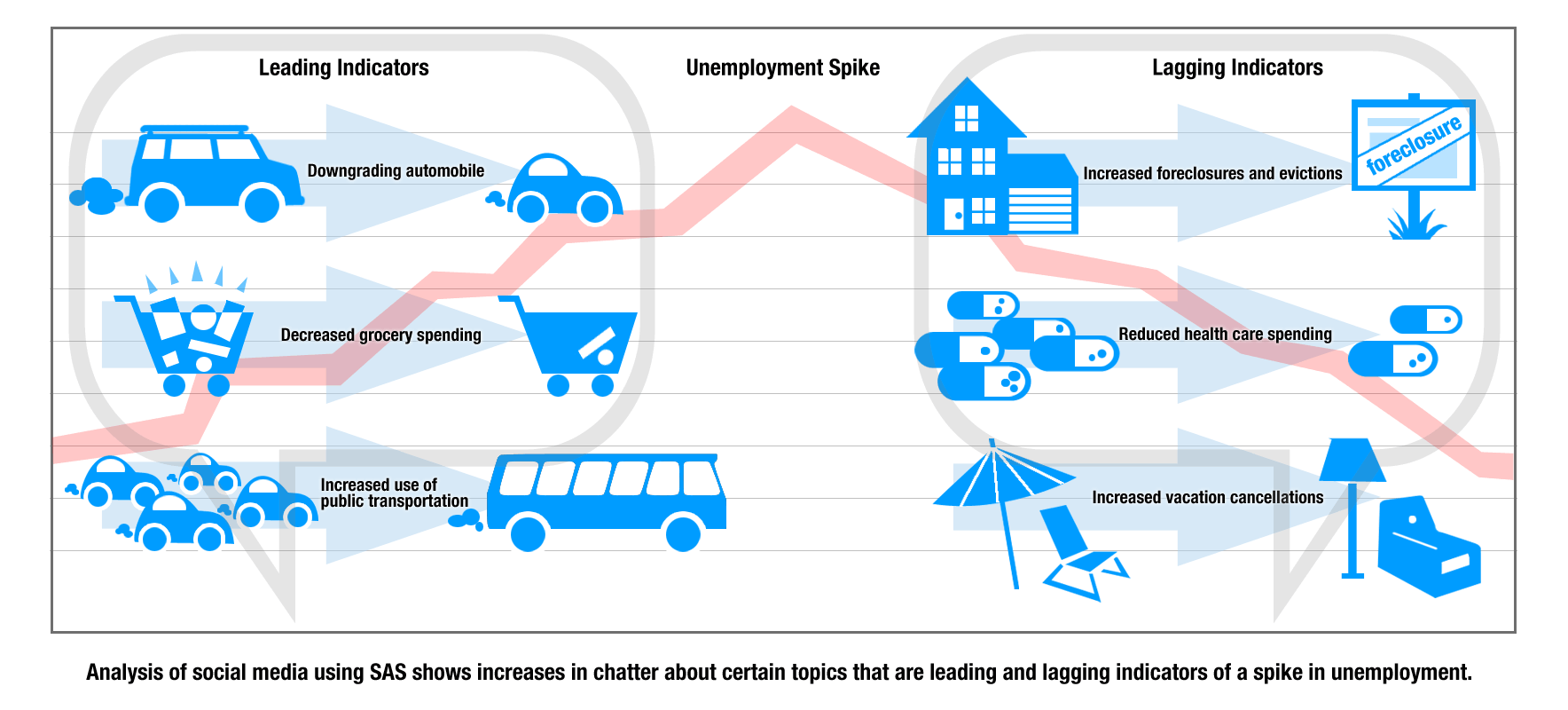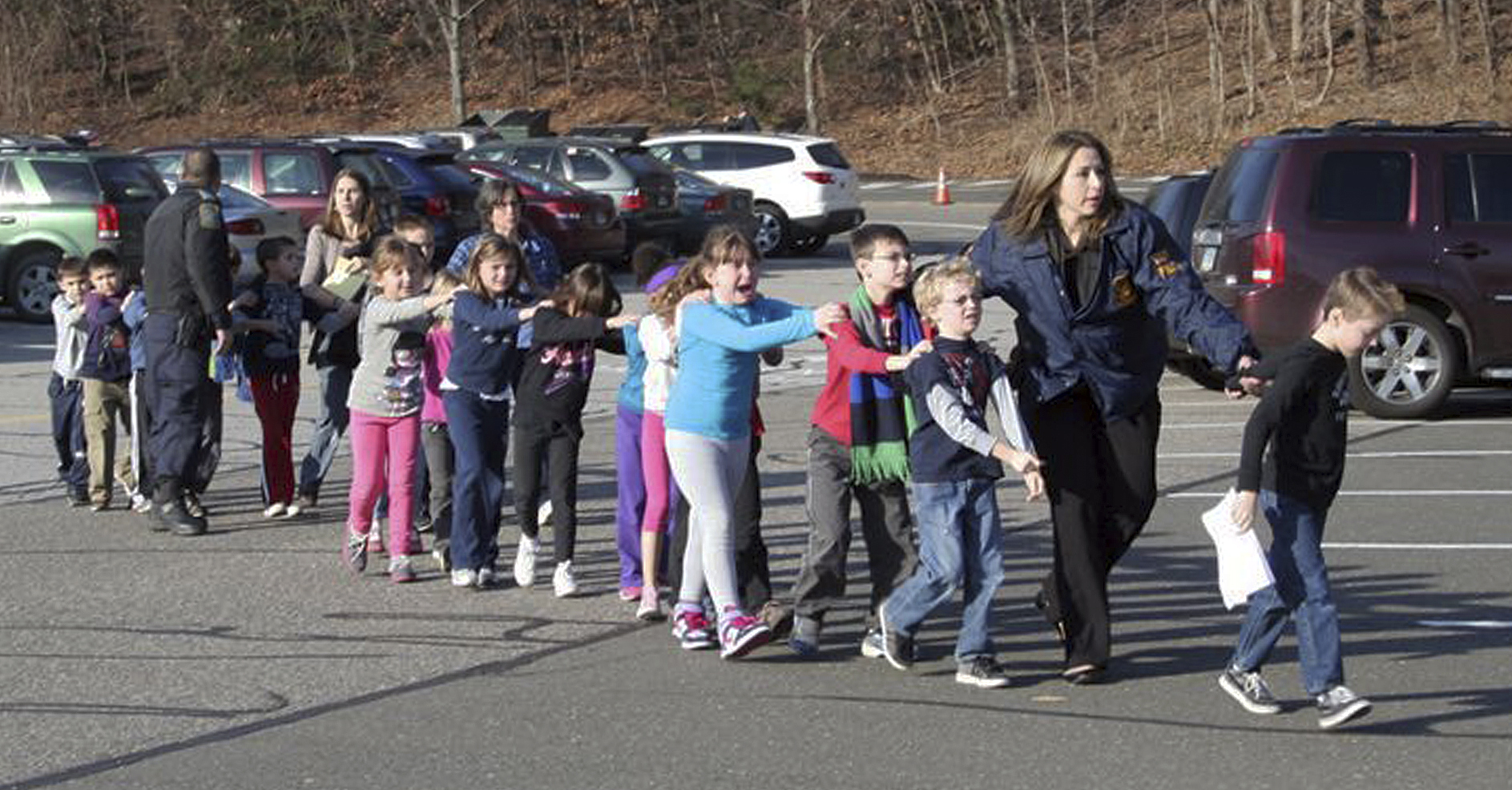(The Verge) – The United Nation’s Nikhil Seth spoke at Monmouth University on Tuesday about achieving a sustainable future. The Global Understanding convention, provides insight into how we can strive for a better world in the coming years. Seth cited current problems ranging from the environment, economy, and in society that human beings must address in the coming future.
Seth acts in the UN Division for Sustainable Development. His presence at Monmouth attracted many viewers to his presentation Thursday afternoon. He first spoke of the problems currently in the world. The environment, was clearly a major talking point. He noted acids in the oceans, the ozone layer depleting, and a loss in biodiversity as several issues the world faces. He called for a more “green” economy and even talked about the little things we can do to improve our earth–turning off a light when you leave a room, using more energy efficient lightbulbs, and not abusing your time in the shower–just to name a few.
Seth dove into the issue of food and fuel. Since the second coming of the so called “Great Recession” around 2007, he noticed social unrest in many countries. Most of these countries were underdeveloped, but faced many problems when it came to food and fuel. There was a rapid spike in prices around 2007 and again in 2011. When it came to offering us a solution, he hoped for advances in technology for a more sustainable future. With more cars becoming fuel efficient and constant advances in general technology, Seth’s hope has some considerable momentum.

The issue of jobs was also a major part of the discussion. The decline in jobs has made national headlines in the media over the past few years, so it was only fitting that Seth shed some light on this issue. He called the decline in jobs a “social crisis.” He was specific in noting that the difficulty to find jobs was especially noticeable in young people. Speaking at a university full of students, this issue was certainly one to keep tabs on. Before offering a solution, he noted how critical universities have become in today’s world, especially in preparing young people for a sustainable future. When the issue of job’s resurfaced later in discussion, he gave an answer that could truly provide hope. He spoke of new job sectors opening, the economy finally starting to improve, and most importantly, he called for individuals to follow their passion. His last point was the one he put the most emphasis on, and rightfully so. An air of optimism was created throughout the room in which he spoke.
Seth identified all the problems in the world coming together to create an unpredictable future. He pondered how every human being could achieve the most basic of needs to maintain a minimum threshold of life. His solution had several different aspects, but none more important than education. Seth used simple logic to help us find an answer in what seems like such a complicated situation: education. He calls for all people around the world to receive proper educations. Therefore, young people can acquire the skills necessary to create a more sustainable world. Once they have a solid technological or vocational education, advances in science, technology, and engineering will be more attainable.
Where else is the world heading? Well for one, to the internet. Seth called the Web the most important technological advancement in the past 25 years. He spoke of social networking and online media connecting people on a global scale. He called for people’s awareness to be fostered in people’s friends, family, and colleagues. Sustainable development requires environmental, economic, and social solutions, just to name a few. After hearing Nikhil Seth speak, there’s a good chance you’ll feel like it is all possible. There is hope for a better, smarter, and more desirable future.




